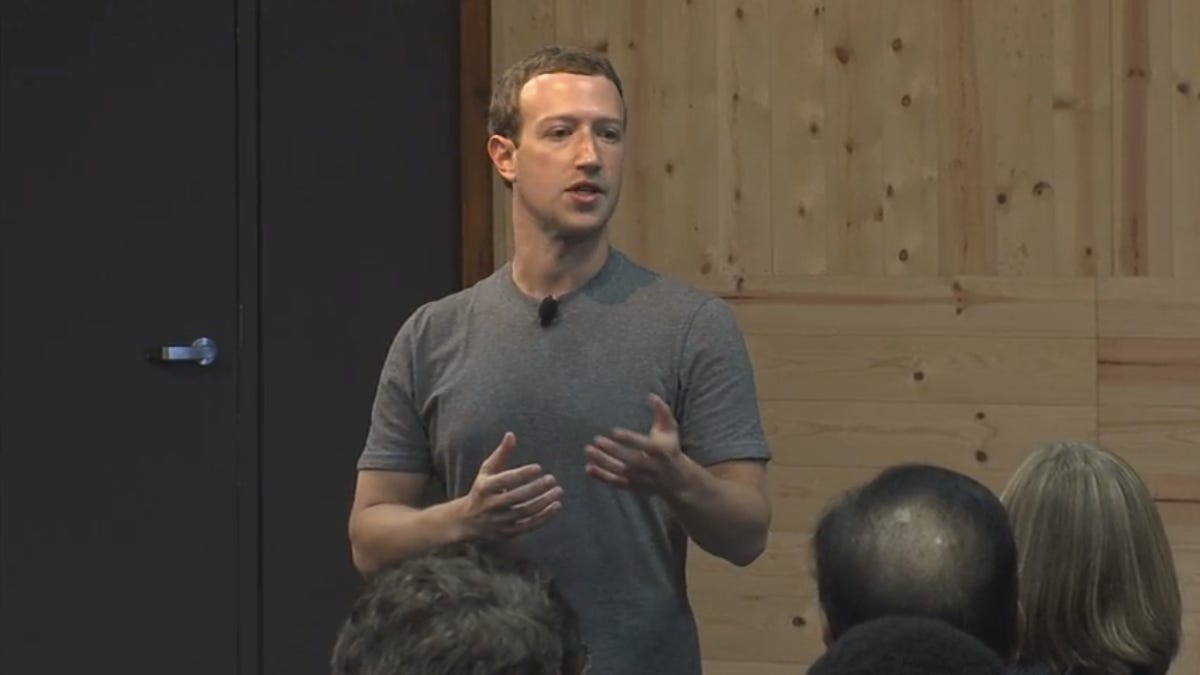Facebook should protect human rights, 73 civil groups say
A letter sent by civil rights organizations wants Facebook to clarify its position on removing videos and other content that document human rights issues.

Mark Zuckerberg, Facebook's CEO, has been asked to clarify his company's position on protecting human rights' documentation.
Facebook needs to be more forthcoming about the kinds of content it takes down.
That's according to 73 organizations, including the American Civil Liberties Union, Black Lives Matter, Arab American Institute, SumOfUs, Indigenous Environmental Network and Sierra Club, that signed a letter sent to Facebook CEO Mark Zuckerberg. The groups are asking for clarity on the social networking giant's position on removing videos and other content that highlight civil rights issues. The letter states that the groups are "deeply concerned with the recent cases of Facebook censoring human rights documentation."
The growing importance of Facebook in your life means it plays a central role in the news, video and other content you see. That was made horrifyingly clear over the summer when its Facebook Live streaming video tool was used to broadcast the shooting of a black man by a police officer in Minnesota. The next day, the medium was used to broadcast a sniper shooting police officers at a civil rights demonstration in Dallas.
"With the onset of Facebook Live, your company is taking on an increasingly central role in controlling media that circulates through the public sphere," the letter states. "News is not just getting shared on Facebook: it's getting broken there."
The groups asked Facebook to clarify how it makes decisions to censor content, to create a public appeals-platform where users can ask for censored content to be reinstated, to undergo an external audit of its policies and to refuse to disclose customer content and data to third party agencies unless required by law.
Facebook, which already has a set of community standards disclosed, is looking into the letter.
"We have received the letter and are reviewing it. As we recently said, we welcome feedback from our community as we begin allowing more items that people find newsworthy, significant, or important to the public interest."

